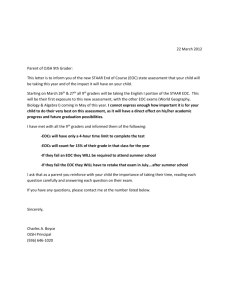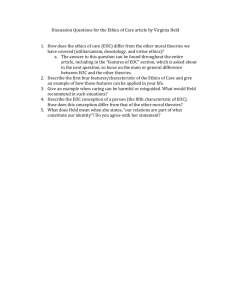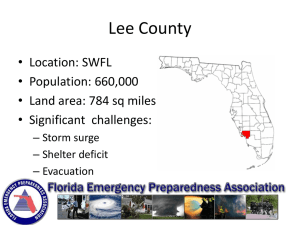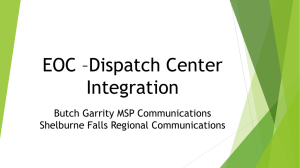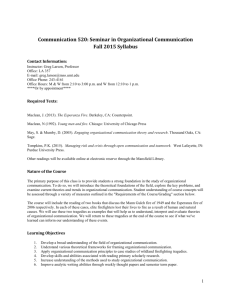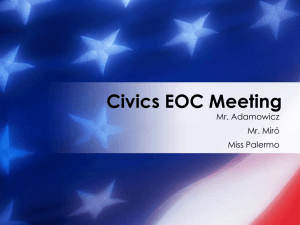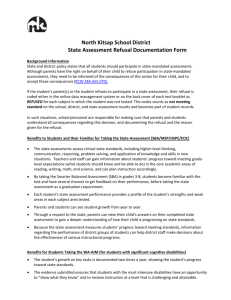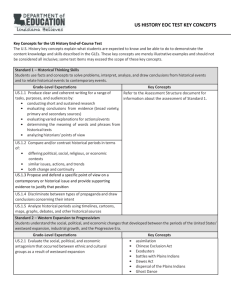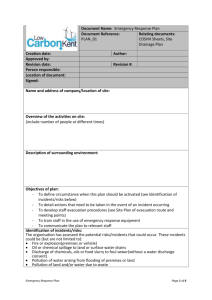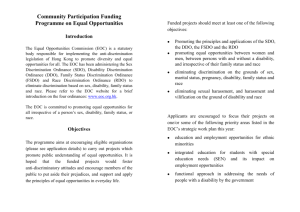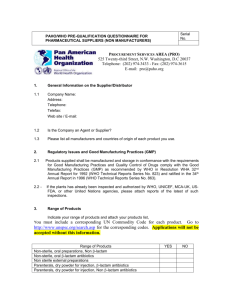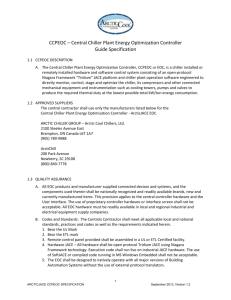Pan American Health Organization
advertisement
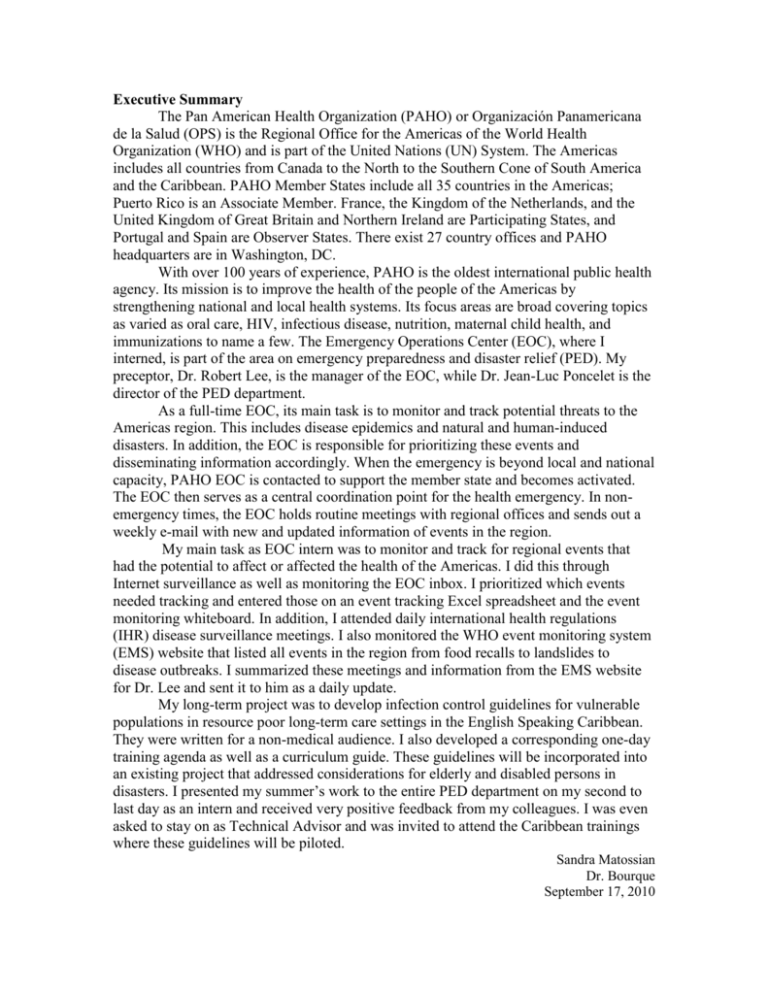
Executive Summary The Pan American Health Organization (PAHO) or Organización Panamericana de la Salud (OPS) is the Regional Office for the Americas of the World Health Organization (WHO) and is part of the United Nations (UN) System. The Americas includes all countries from Canada to the North to the Southern Cone of South America and the Caribbean. PAHO Member States include all 35 countries in the Americas; Puerto Rico is an Associate Member. France, the Kingdom of the Netherlands, and the United Kingdom of Great Britain and Northern Ireland are Participating States, and Portugal and Spain are Observer States. There exist 27 country offices and PAHO headquarters are in Washington, DC. With over 100 years of experience, PAHO is the oldest international public health agency. Its mission is to improve the health of the people of the Americas by strengthening national and local health systems. Its focus areas are broad covering topics as varied as oral care, HIV, infectious disease, nutrition, maternal child health, and immunizations to name a few. The Emergency Operations Center (EOC), where I interned, is part of the area on emergency preparedness and disaster relief (PED). My preceptor, Dr. Robert Lee, is the manager of the EOC, while Dr. Jean-Luc Poncelet is the director of the PED department. As a full-time EOC, its main task is to monitor and track potential threats to the Americas region. This includes disease epidemics and natural and human-induced disasters. In addition, the EOC is responsible for prioritizing these events and disseminating information accordingly. When the emergency is beyond local and national capacity, PAHO EOC is contacted to support the member state and becomes activated. The EOC then serves as a central coordination point for the health emergency. In nonemergency times, the EOC holds routine meetings with regional offices and sends out a weekly e-mail with new and updated information of events in the region. My main task as EOC intern was to monitor and track for regional events that had the potential to affect or affected the health of the Americas. I did this through Internet surveillance as well as monitoring the EOC inbox. I prioritized which events needed tracking and entered those on an event tracking Excel spreadsheet and the event monitoring whiteboard. In addition, I attended daily international health regulations (IHR) disease surveillance meetings. I also monitored the WHO event monitoring system (EMS) website that listed all events in the region from food recalls to landslides to disease outbreaks. I summarized these meetings and information from the EMS website for Dr. Lee and sent it to him as a daily update. My long-term project was to develop infection control guidelines for vulnerable populations in resource poor long-term care settings in the English Speaking Caribbean. They were written for a non-medical audience. I also developed a corresponding one-day training agenda as well as a curriculum guide. These guidelines will be incorporated into an existing project that addressed considerations for elderly and disabled persons in disasters. I presented my summer’s work to the entire PED department on my second to last day as an intern and received very positive feedback from my colleagues. I was even asked to stay on as Technical Advisor and was invited to attend the Caribbean trainings where these guidelines will be piloted. Sandra Matossian Dr. Bourque September 17, 2010
